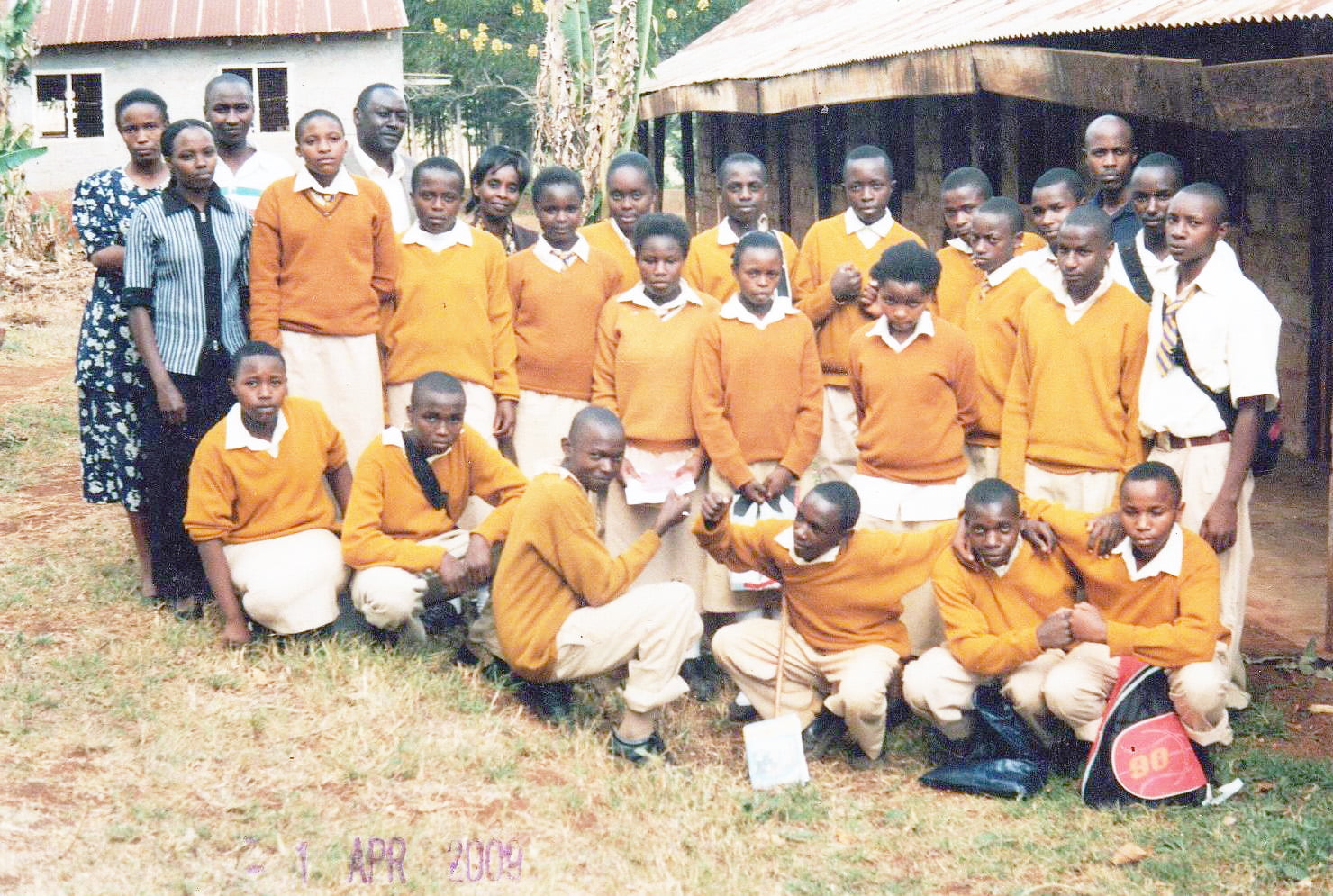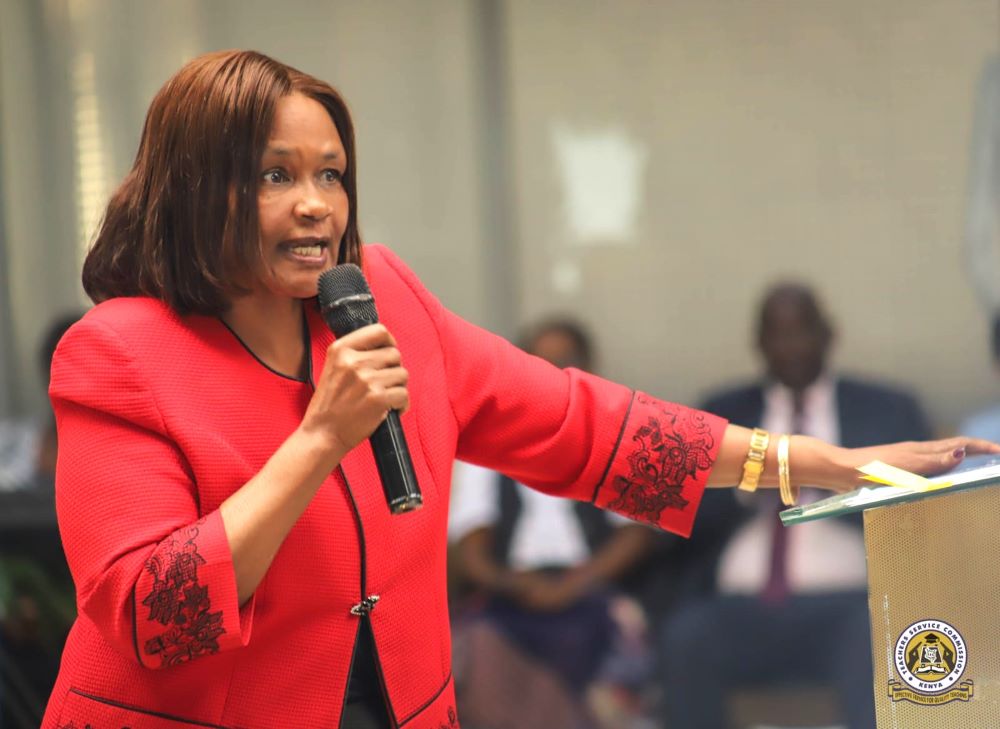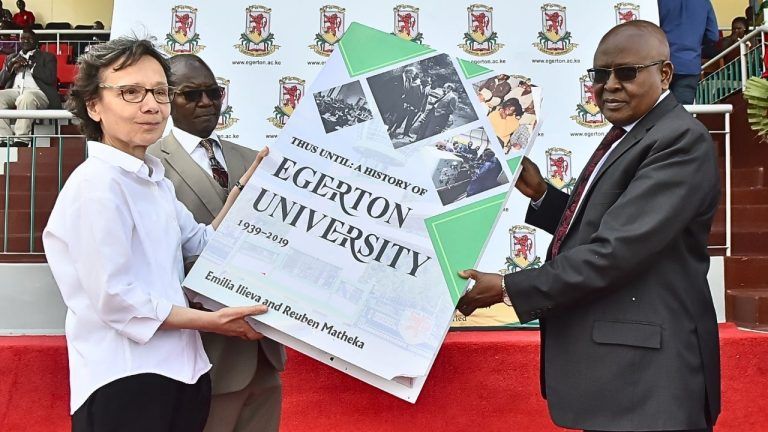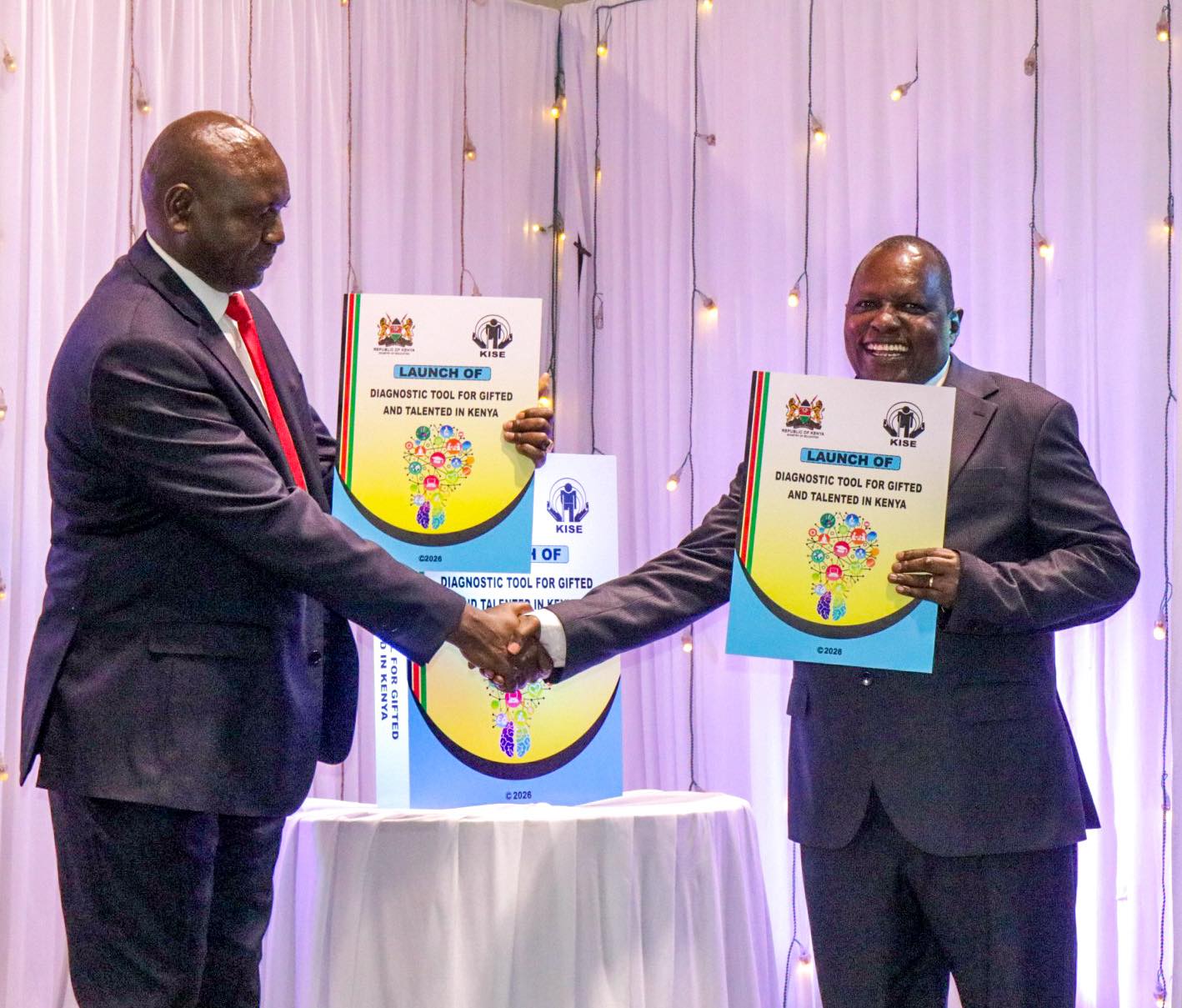By Asa Maina
The youthful Sally Wambui Muthungu was nowhere near the list of the rich in society. In fact, she had no regular source of income and struggled, like many other villagers in her area, to earn a living.
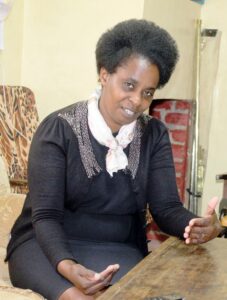
But she decided to contribute in her own small way and established an education programme that has seen hundreds of learners from less fortunate families acquire secondary school education.
This, she says, was made possible through her burning desire to help.
The desire was triggered by the pain of seeing bright but needy children’s dreams shattered, some being her own classmates.
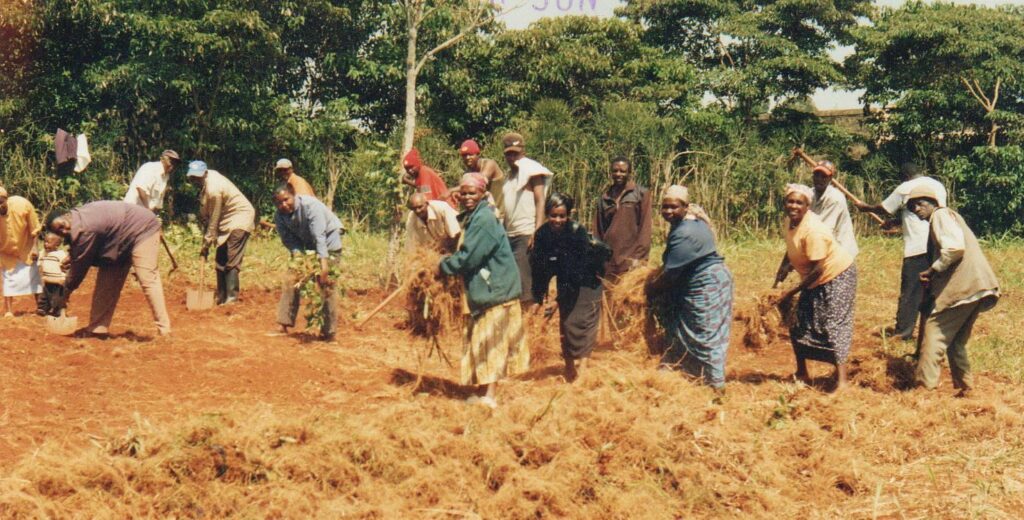
These children from poor backgrounds and orphans failed to join or continue with their secondary education due to financial constraints and ended up being employed as house helps and farm hands.
“For years, I helplessly watched in deep pain as these children dropped out of school until I could not hold it anymore,” she says.
In 2007, she started identifying the victims, enquiring whether they would be willing to join or rejoin secondary school.
“After consultations with their parents, I established they valued education but had no means of providing it. Some who worked as casual labourers even struggled to put food on the table,” she adds.
Orphans had been left in the hands of their grandparents who were too old, poor or ailing to even do casual jobs.
To begin with, she took those who had dropped out of secondary school back to class.
She then gathered about 15 children who were joining form one for the first time at Kanyama Secondary School for ease of management and monitoring.
The principal was kind enough to allow two months as she organized to have their fees paid.
The plan was enroll some in the Equity Bank’s Wings to Fly sponsorship programme, others for government bursaries, while she scouted for well-wishers willing to help.
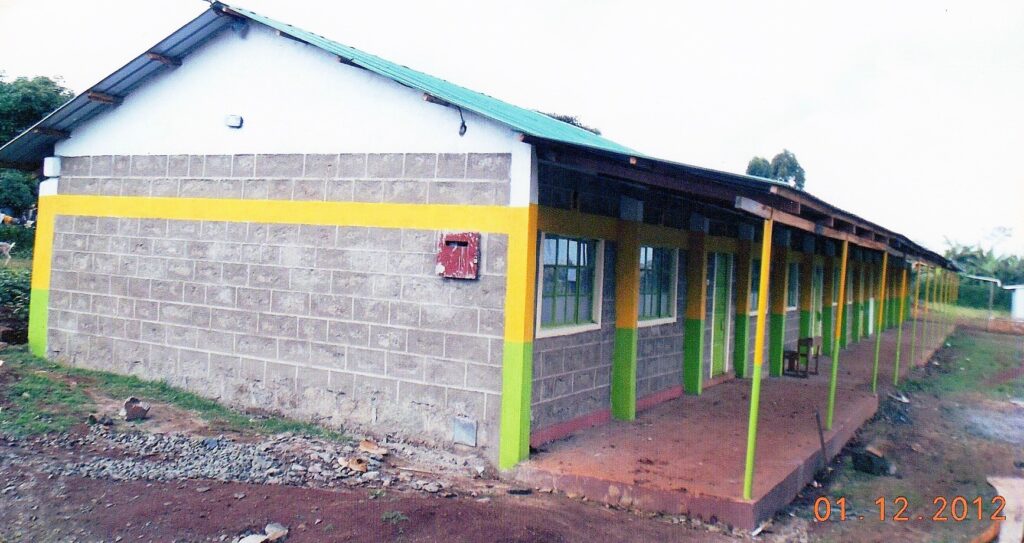
Those who did not perform well in primary and secondary school were taken to technical and vocational training institutions.
But there was one problem though. Kanyama Secondary School where doors had been opened lacked boarding facilities for boys, forcing them to walk about four kilometres to get to school.
“It is for this reason that the idea of starting Rititi Day Secondary School sprouted,” she says.
Coincidentally, the government had introduced subsidized secondary education in 2008.
The then President Mwai Kibaki had expressed his desire to have more day secondary schools to accommodate the high transition rate, which stood at about 70 per cent.
This would ensure children from poor families easily accessed secondary education.
“The community had a shortage of day secondary schools. The schools, which earlier served the community, had either been transformed to full boarding or to girls only schools,” she adds.
She started the process of setting up a secondary school on a 10-acre land set aside by the County Council of Nyeri in the 1980s at Rititi Village for a community secondary school.
Despite opposition from people who clearly eyed the land, she cleverly enlisted the help of the community, the then Mathira West District Commissioner Galgalo Hiddi, education officials and the defunct County Council of Nyeri.
It then remained the challenge of constructing classrooms. Meanwhile, she started a form one class in Rititi Primary School. Further assistance came from Ruthagati High School Principal Wachira J. R in form of text books, laboratory equipment, syllabus copies and even the school bell.
“Since we did not have a laboratory, our students would attend some practical lessons at Ruthagati Secondary,” she says.
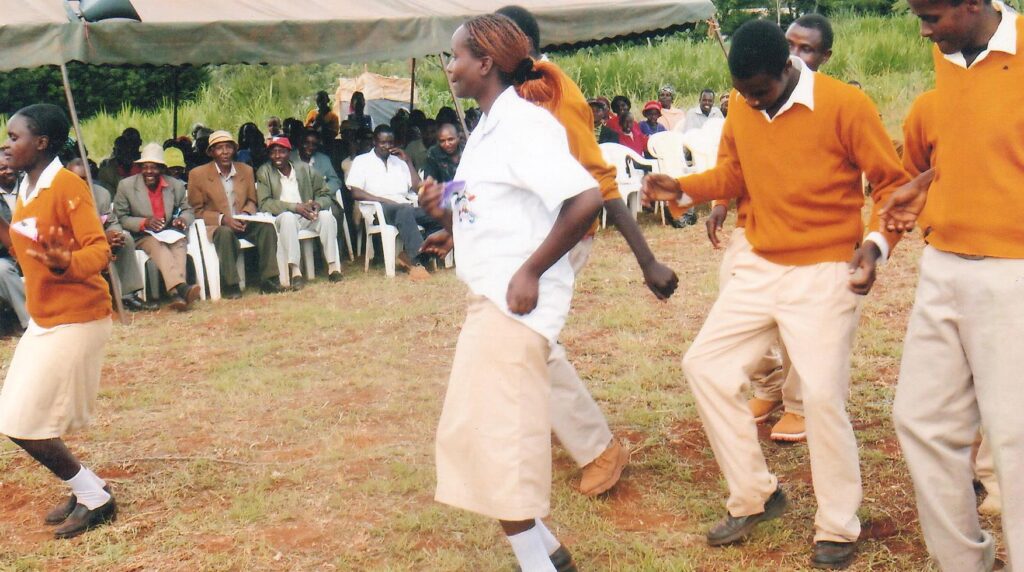
She said some teachers volunteered to teach in the new school during their free time, notable among them Mr. Mugabi Gitahi who used to be in class from 7.00 A.M. – 8.30 A.M.
Bishop Gatimu Ngandu Girls donated more text books, while Cedco Laboratory in Nyeri town gave laboratory equipment.
The community donated cooking pans and portable water storage tanks while two volunteered to be secretary and cook.
Wambui had to solely manage the school and would carry food to feed the students during the very first term.
“Before the end of the first month, the school had attained the threshold for registration. I therefore started the registration process,” Wambui recounts.
Through fundraisers and help from well-wishers, they put up a classroom block as the community provided free labour.
Looking back, she is glad that she has been able to turn around the lives of hundreds of children, with many having graduated with degrees, diplomas and certificates in various fields. Her brainchild now stands tall and has seen many infrastructural developments.
“I am not employed, nor do I have a regular source of income but God has always helped me to satisfactorily serve the people,” she says, adding that she still feels she has not done enough for the community yet.
She calls on well-wishers, irrespective of their financial status, to pull together and help improve education and leave the world a better place than they found it.
Some beneficiaries of her generous heart are David Macharia, a mechanical engineer, and Joseph Murang’a, currently working with KenGen, among others.


